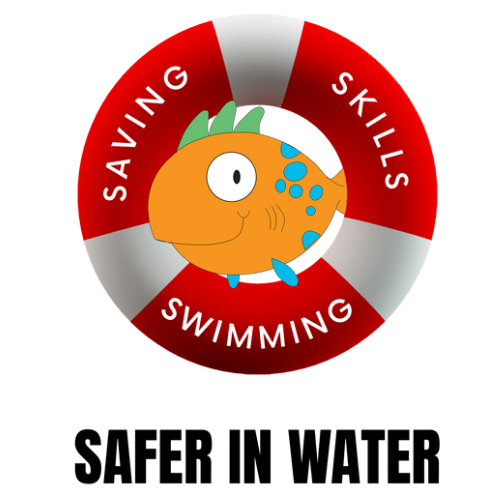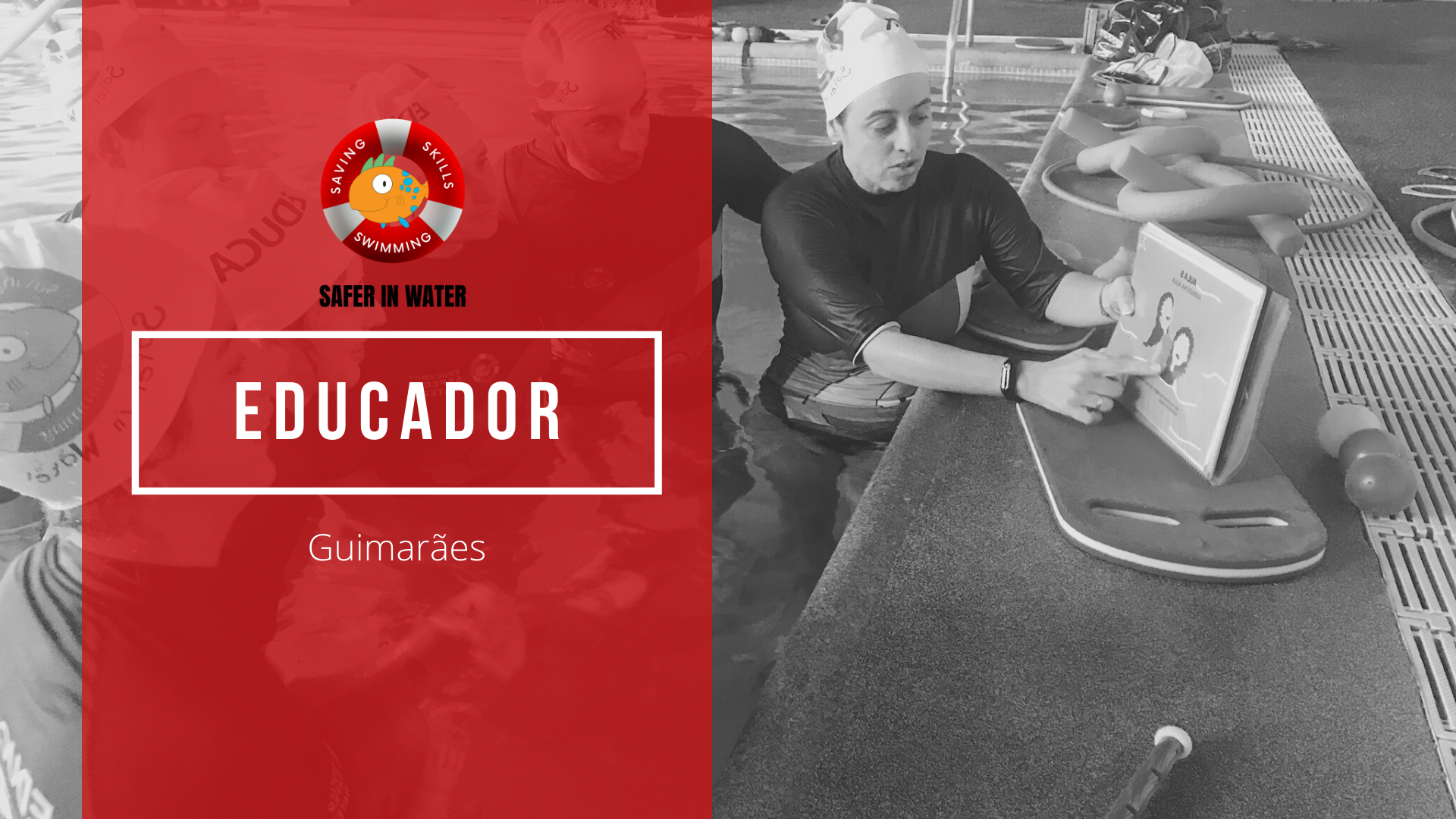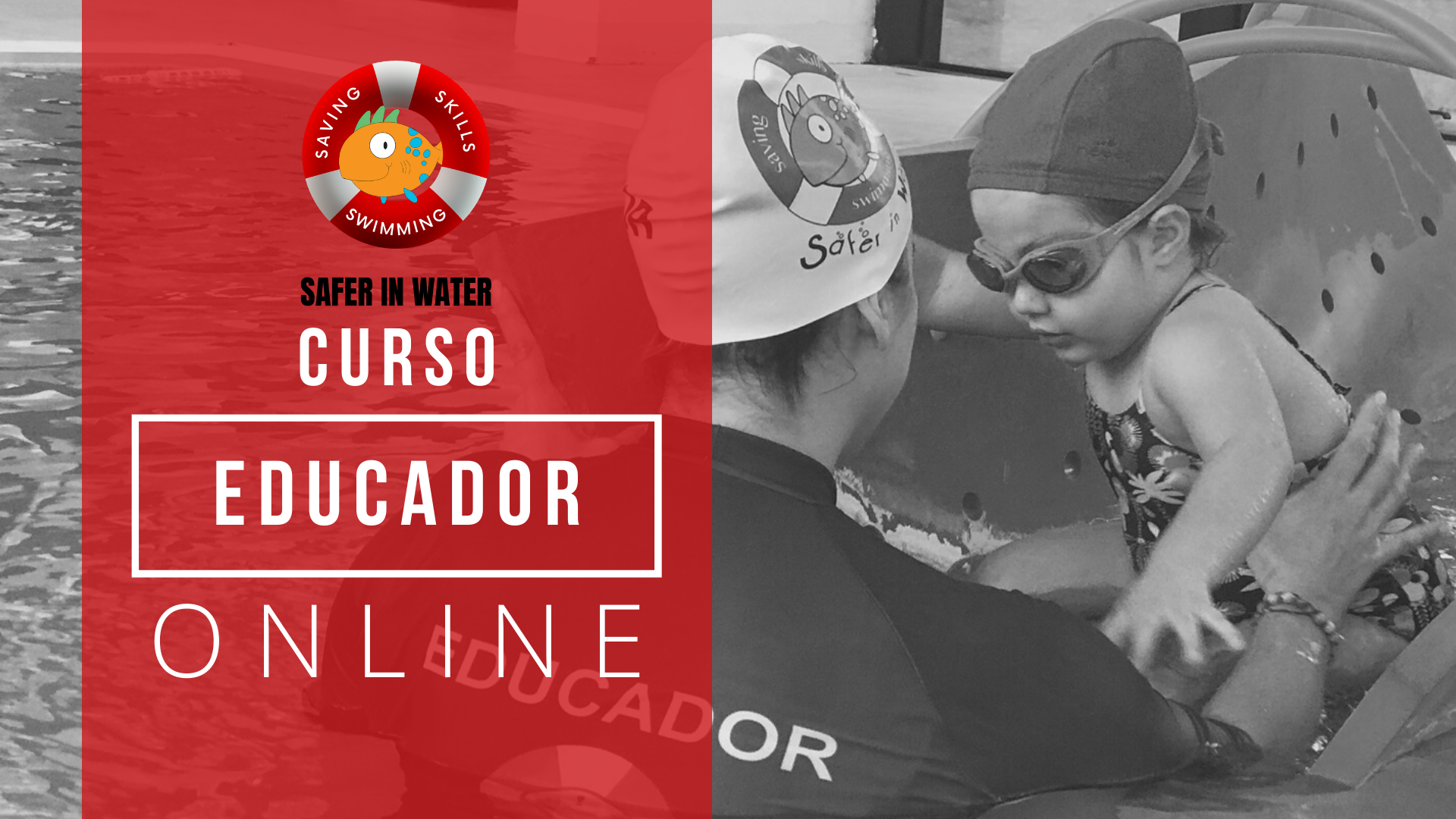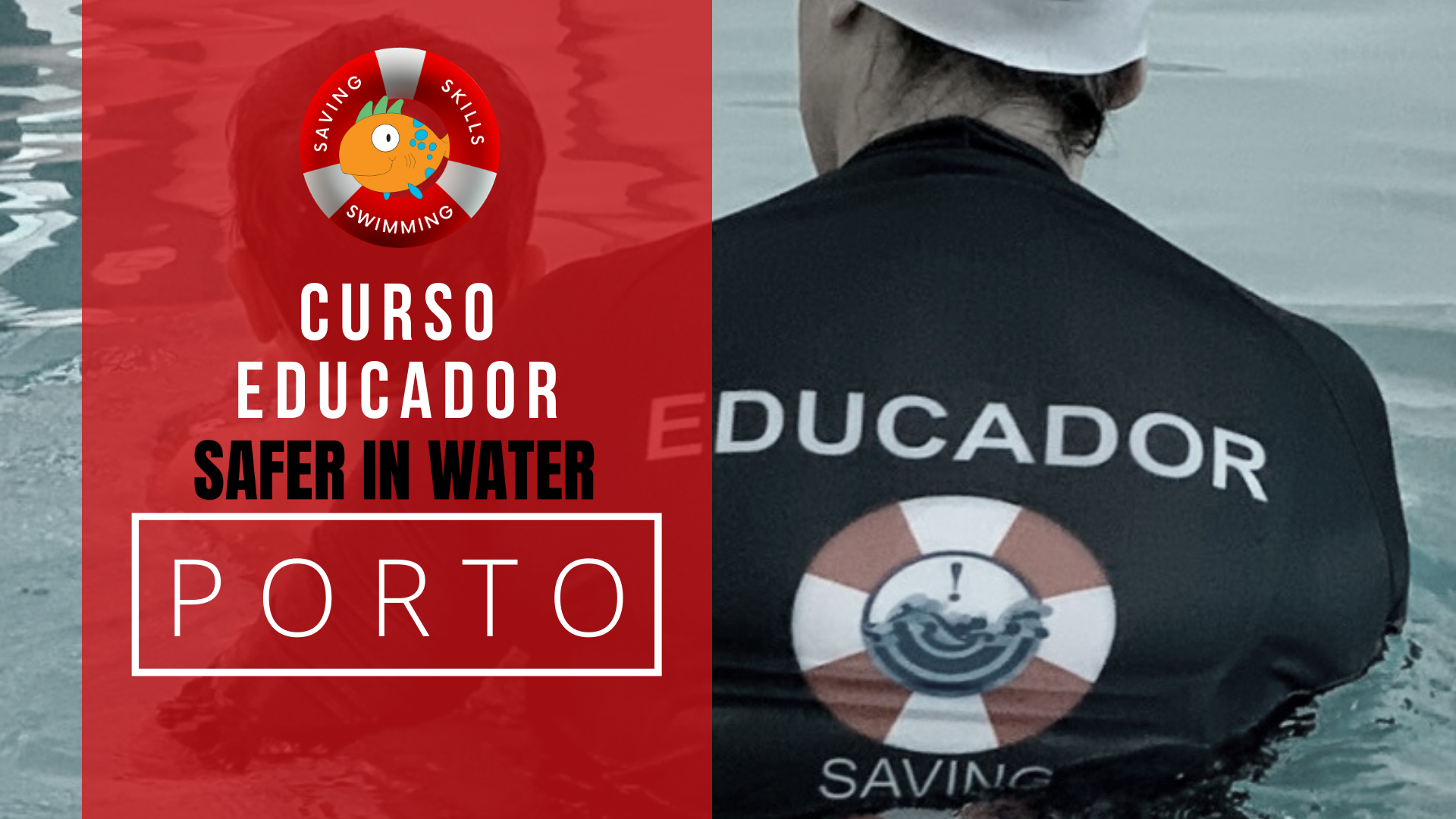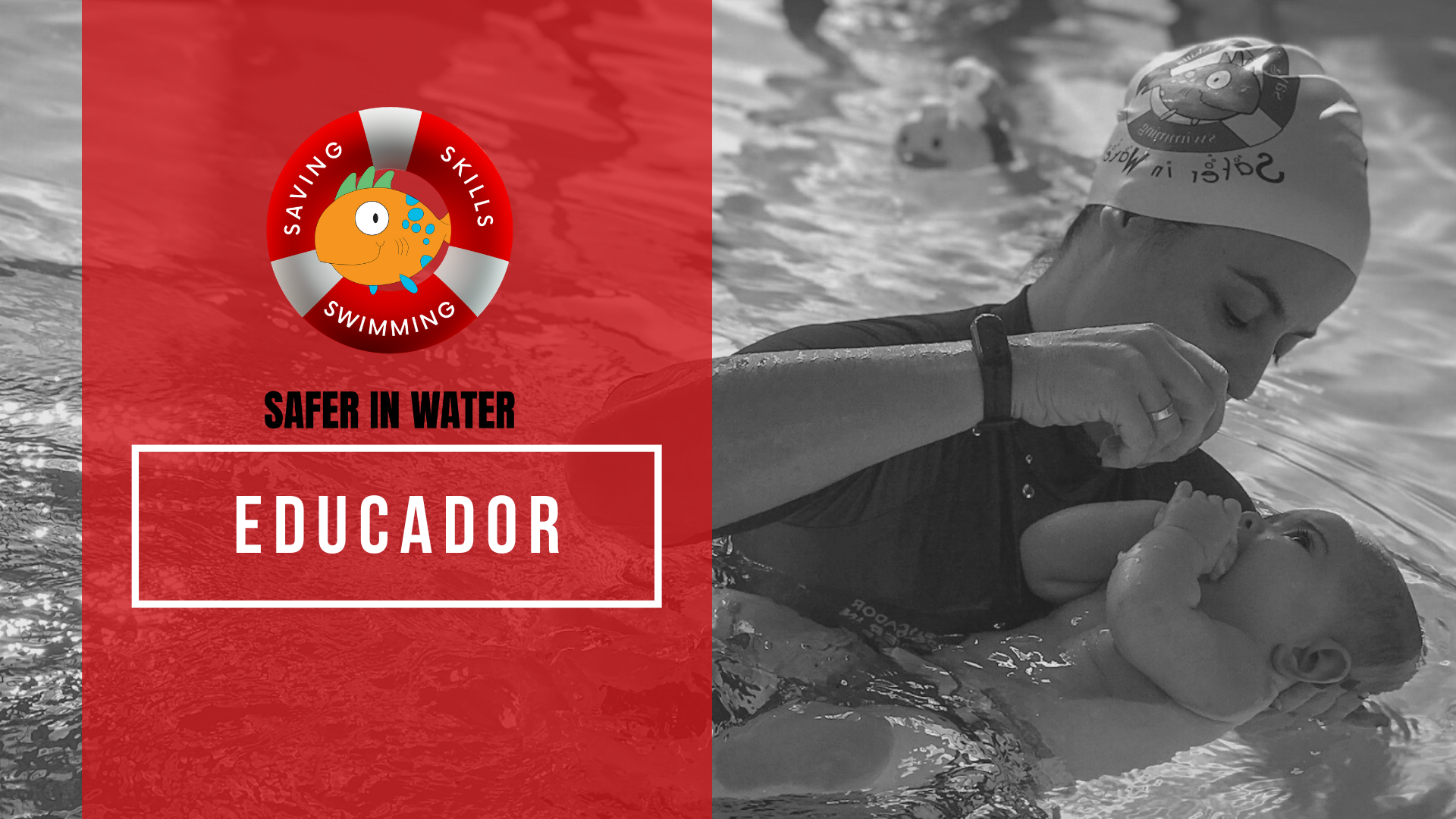Course
Educador safer in water
WHY TO BECOME A SIW EDUCATOR
Being a Safer in Water educator makes you a professional able to work on water safety while teaching swimming, it makes you an educator with a mission – to prevent and reduce the number of drownings in our country. We are different because we work with love and goals, thinking of our students as different children with different temperaments and not as a group. We look for the best in each one, and with this we overcome the difficulties of each one.
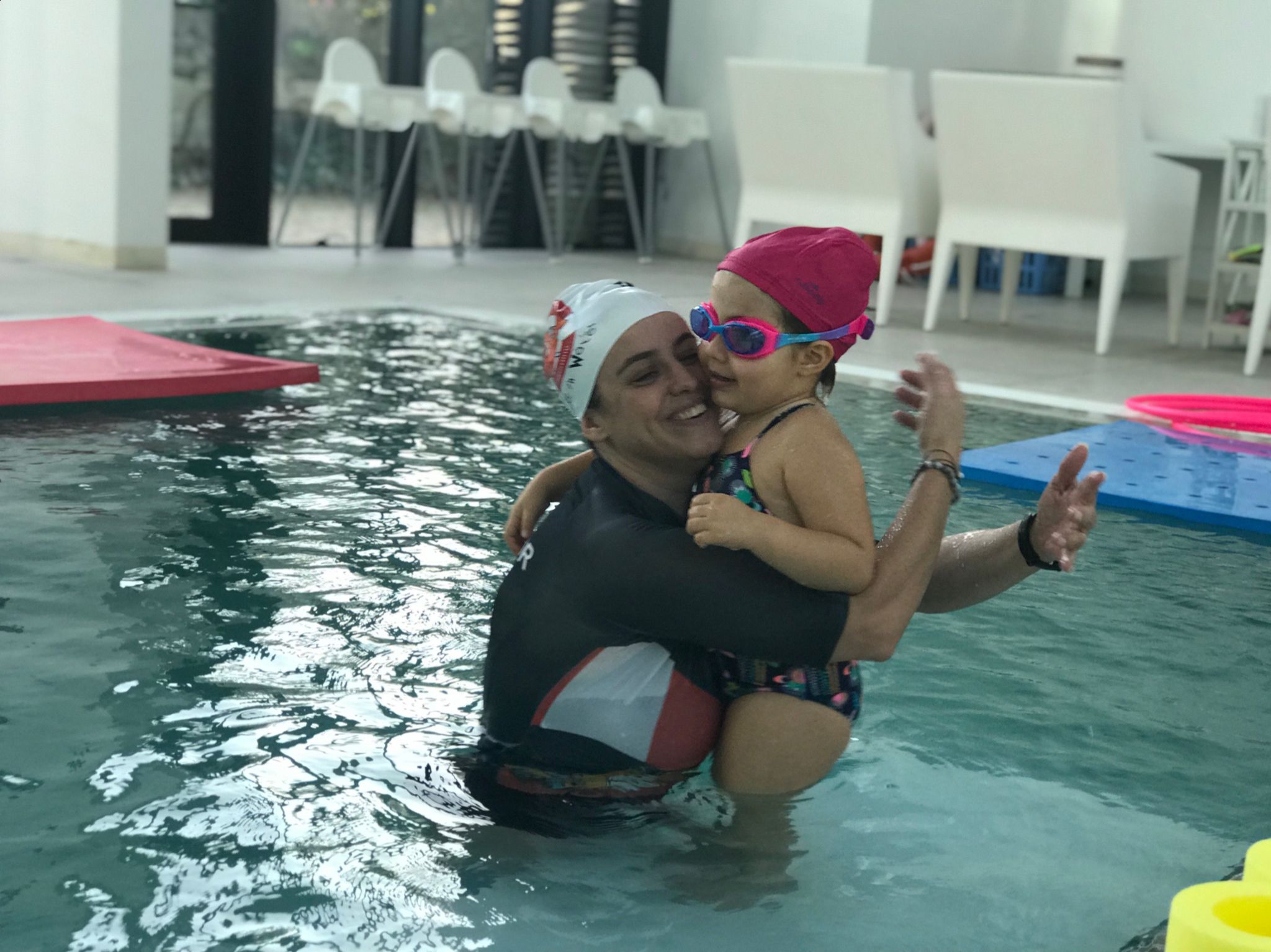
Creditos:
5
training time:
25 hours
benefits
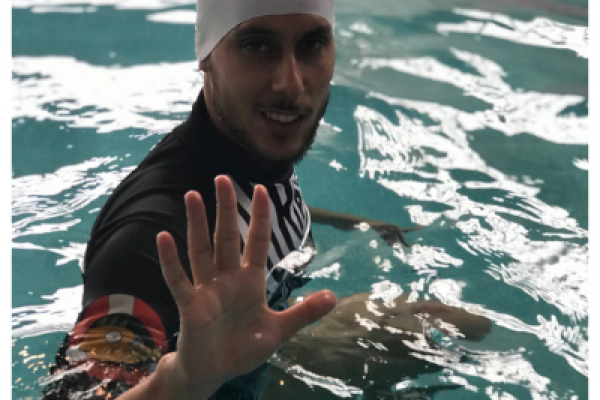
5 Credits (only in Portugal)
Swimming Coach 1
Pure Swimming 2 ,3 and 4
Water Polo Level 2 and 3
Synchronized Swimming Level 2
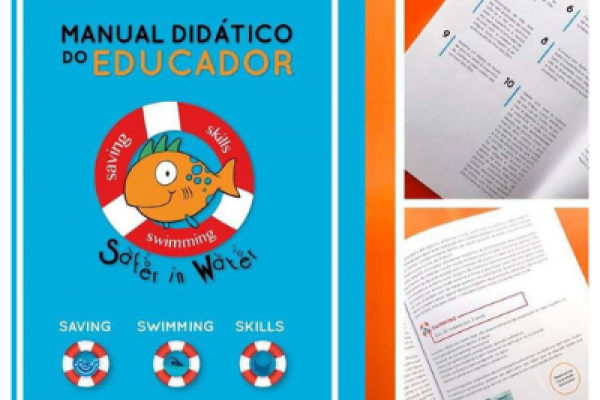
Didactic Manual SIW®
Manual for monitoring and for the development of the students. Several specific exercises to achieve all objectives.
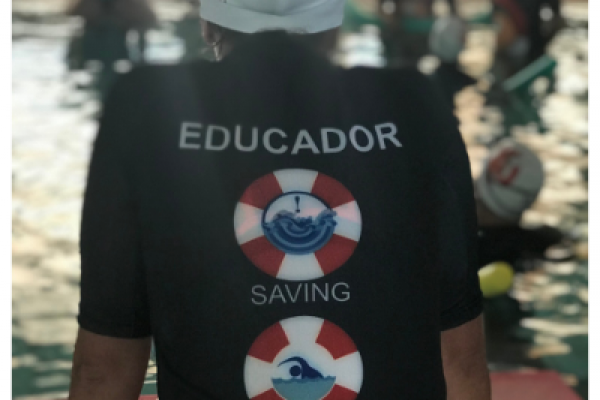
Safer In Water® Equipment
SIW® Swimming Jacket
Safer In Water® Cap

Private Facebook Group
Thematic lessons, exercises, questions, suggestions, exchange of experiences and much more exclusive content for SIW educators
course program
In addition to the theoretical component of the course, the face-to-face courses always include a practical workshop on swimming for babies and infant swimming.
View program
• THEORETICAL AND SCIENTIFIC FOUNDATION OF THE METHODOLOGY
• PSYCHOMOTOR DEVELOPMENT VS. SWIM DEVELOPMENT
• HOW TO DO AQUATIC STIMULATION FROM 0-4 MONTHS
• 1ST CONTACT WITH THE POOL
• CHARACTERISTICS OF SWIMMING LESSONS FOR BABIES
• AQUATIC STIMULATION FROM 6 TO 30 MONTHS
• AQUATIC STIMULATION IN EARLY CHILDHOOD ORIENTED TO THE 3 SIW CONCEPTS
• HOW TO PLAN, FOR DIFFERENT AGES AND LEARNING LEVELS
• PRACTICAL SWIMMING WORKSHOP FOR BABIES, INFANTILE SWIMMING 3- 5 YEARS OLD
• RELATIONSHIP WITH PARENTS
• AQUATIC EMERGENCIES
• THE CHAIN OF SURVIVAL
• RETURN CURRENTS
• PRACTICAL AQUATIC EMERGENCIES WORKSHOP
Why to reduce the importance of swimming to a competitive sport that is good for your health, when it is much more than that? This activity can save lives! Have you thought about how you can do it?
A study by Benner et al. (2009) aimed to verify the association between swimming lessons and drowning in children aged 1 to 19 years old. In this study they concluded that participation in formal swimming lessons reduces the risk of drowning by 88%. Later Oliveira et al. in a pilot study tried to bridge the gap of what kind of lessons have these benefits and therefore applied a survival test after having checked the aquatic skills competencies. The results were quite enlightening; although the children performed well in aquatic skills, when subjected to different classroom conditions and a surprise factor the response was not always the same.
THERE IS A NEED TO INTRODUCE SAFETY SKILLS IN SWIMMING LESSONS AS WELL AS THE IMPLEMENTATION OF AQUATIC EDUCATION IN THE LEARNING PROCESS OF SWIMMING.
proximas formações
safer in water
exclusive workshops
These workshops are exclusive to SAFER IN WATER Schools
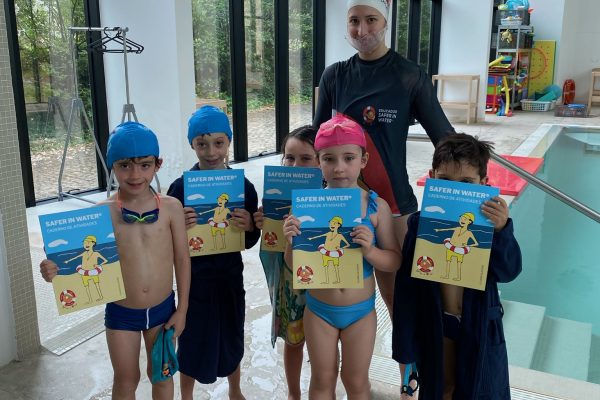
Summer Intensive Courses
SIW summer intensive courses are designed for children from the age of 3. Only SIW schools can conduct them. In this workshop, SIW Educators will have access to the detailed planning of 10 lessons to achieve the goals and show the results.
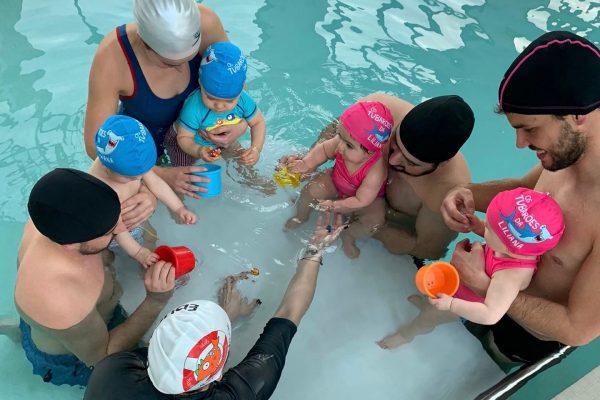
Courses for babies - Preparation for summer
In this workshop 7 classes will be presented, each with a theme. These classes aim to prepare parents for the summer, in order to promote early aquatic education: supervision and safe conduct; how they can enjoy the time with their children, in the water, in a fun and risk-free way and with lots of learning; and what toys they should take on vacation.
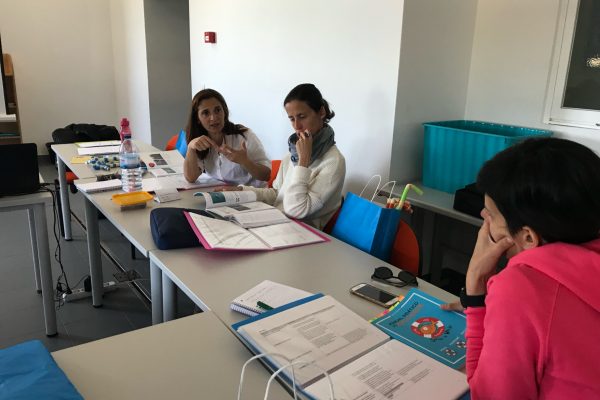
Specific training for pedagogical coordinator
This training consists in preparing the coordinator for specific pedagogical functions such as: use of materials to control the evaluations of the students’ learnings and consequently of the work developed by the educators; elaboration of the annual plan of activities appropriate for their school; planning of each event in the annual plan of activities.
